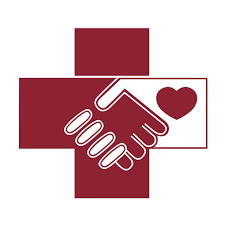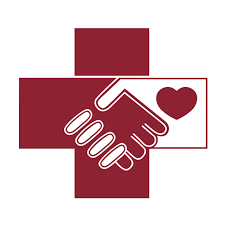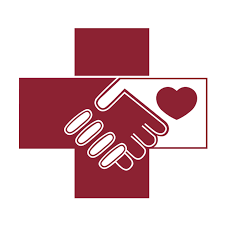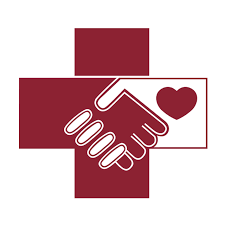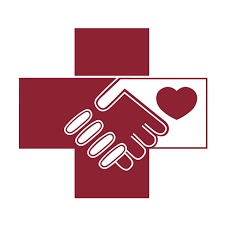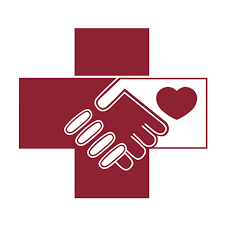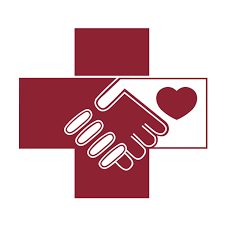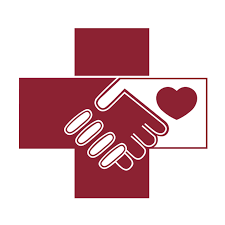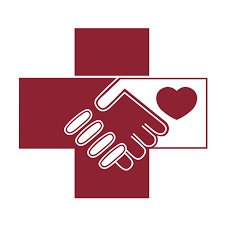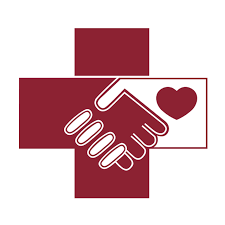Title Page
-
Site conducted
-
Site conducted
-
Conducted on
-
Prepared by
-
Location
SURVEILLANCE ROUNDS
-
LOCATION/UNIT:
-
DEPT MANAGER/LEADER:
-
INSPECTOR(S):
-
DATE:
SECURITY MANAGEMENT
-
Associates are wearing DHHS identification badges
-
Patient Information is kept private/confidential
-
If installed, panic alarms are operational (Checked on Mondays by Responsible unit)
-
Emergency door alarms are operational (Checked on Mondays by Responsible unit)
-
Telephone in elevator rings at the communications desk (Weekly on Monday for responsible floor)
-
Are medications properly secured in the Medication Room
-
SAFETY MANAGEMENT
-
Floor surfaces are uncompromised (not wet, no cracks/gaps or trip hazards)
-
Corridors unobstructed (equipment "IN USE" stored on one side only)
-
Emergency Exits are unobstructed (not blocked, clear of obstacles)
-
Exit signs are posted and lit
-
Storage areas appropriately utilized
-
Patient refrigerator / freezer temperature monitoring log compliant
-
Items are not stored directly on the floor (at least 6" off the floor)
-
Crash Cart Log Daily checks are documented, defibrillator is tested
-
There were no expired supplies found in supplies and medication room
-
Patient own medications stored in the proper place
-
Emergency eye wash station are inspected weekly (Monday)
-
No broken, defective or nonfunctional equipment/furniture found
-
Emergency Lighting is operational.
-
Receptacles and light switches are covered. There are no exposed electrical plugs
-
Approved power cords are not piggybacked
-
Doors positive latch and are not propped open with unapproved devices
FIRE SAFETY MANAGEMENT
-
Portable fire extinguishers checked monthly (Refer to the yellow tags)
-
Evacuation routes posted and are current
-
Fire sprinkler heads are free of dust and unobstructed. No penetrations or gaps around the sprinkler head
-
Associates familiar with fire response: what number to dial to report a fire, RACE, and PASS
-
No storage within 18" of the ceiling sprinkler head clearance maintained
-
Evacuation routes unobstructed.
-
Associates are able to locate nearest fire alarm pull station (Weekly)
-
Associates are able to locate oxygen shut off valves. Know who is authorized to shut off valves (Weekly)
-
Portable oxygen tanks are secured in trolley or attached to the crash cart
-
Portable oxygen tanks are clearly marked and segregated EMPTY or FULL
HAZARDOUS MATERIALS & WASTE MANAGEMENT
-
Safety Data Sheet folder/binder is available (Check Weekly)
-
Safety Data Sheets are current and relevant (Check Weekly)
-
Any hazardous materials on hand is easily identified/labeled
-
Hazardous Materials are properly stored and segregated
-
Storage of Hazardous Materials are in compliance with approved quantities
-
Containers/spray bottles are labeled accordingly (i.e. legible, expiration date)
-
Appropriate spill kit available for hazardous material(s) on hand
-
Associates knowledgeable of accidental spill response. Ask questions on how to clean up a spill using supplies in spill kit
-
Biomedical Waste is properly discarded. Red bags and red bins are appropriately labeled and utilized
-
Trash cans are not overfilled and are appropriately sized for the amount of waste generated
-
Associates know where to find eye wash station and how to operate it
INFECTION PREVENTION & CONTROL
-
There are no corrugated boxes in sterile / clean areas.
-
Hand Hygiene compliance observed
-
Sharps containers are not over filled, needles are below the full line
-
PPE is available and used appropriately
-
Dry wall and doors are free of cracks and penetrations
-
Ceiling tiles are in good condition free of stains, water intrusions, cracks
-
Isolation Rooms negative pressure daily monitoring log compliant
-
Soiled Linen hampers not overfilled
-
Clean linen storage carts are covered
-
Portable fans are free of dust
-
Associate food is not stored with patient food
-
No open food / drinks, cosmetics, etc. at the nurse's station
-
Associates know when to wash hands with soap and water vs hand sanitizer
MEDICAL EQUIPMENT MANAGEMENT
-
Preventative Maintenance sticker affixed and PMs are on schedule
-
Nurse call buttoncode button operational. Test conducted
EMERGENCY MANAGEMENT
-
Associates able to articulate area's evacuation procedure. Create a scenario and ask what they would do, nearest exit, where to evacuate
-
Associates know emergency codes. Ask to give at least 3 codes and their meaning. Note: Allowed to read from signage posted
QUALITY
-
Policies and Procedures are readily available. Ask associate to show you where policies are located. Can be hard copy or electronic Biweekly checks
-
Associates know how to find/use policies and procedures. Give them a policy title/subject and ask them to locate Biweekly checks
-
Associates able to articulate International Patient Safety Goals. Ask them to give at least 2 IPSG and how we meet these goals Biweekly checks
-
Associates able to articulate DHHS Mission statement (can use ID badge) Biweekly checks
-
Associates able to articulate the DHHS Vision statement (can use ID badge) Biweekly
-
Associates able to articulate performance improvement initiative for their area Biweekly
-
Additional Comments:
PATIENT RISK REVIEW
-
How many Patients are High Risk For Falls
-
Are all Interventions in place
-
How Many High Risk Patient for HAPI?
-
Are all Interventions in place
-
How many Patient are High Risk For CAUTI?
-
Are all interventions in place
-
Any Patients with Restraints?
-
Are All interventions in place
